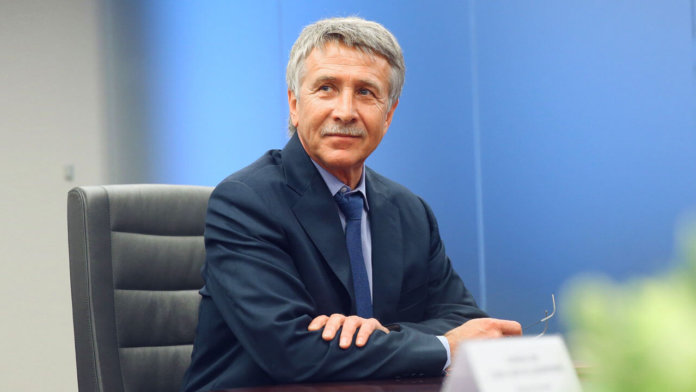Every year the Russian Forbes, like a good housewife, counts chickens, but not simple ones, but golden ones. The magazine's experts monitor Russian capital and select the most well-fed copies in terms of wealth.
The list of the richest people in Russia in 2019, according to Forbes, has a total of 200 people, but we will tell you about the top ten.
10. Roman Abramovich
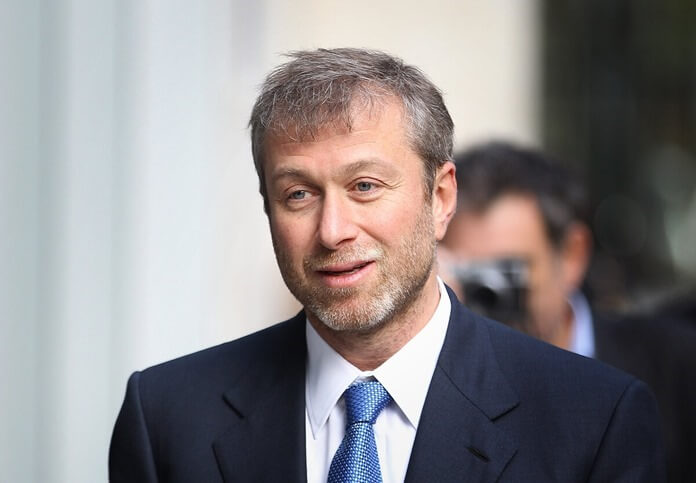 Condition: $ 12.4 billion
Condition: $ 12.4 billion
Roman Abramovich opens the selected top ten richest people in Russia in 2019 according to Forbes. Although he prefers to live quietly, keep in the background and gives interviews rarely and only on major holidays, he is the most famous "Russian" richer in the West.
Even people far from football know that at the beginning of the 2000s, the ex-chief of Chukotka bought himself Chelsea, having paid for him an unprecedented amount in the history of football clubs - 140 million pounds.
But just a third of a century ago, Abramovich began his business career with the sale of rubber toys in the cooperative "Uyut". True, a lot has changed since then - he switched from toys to oil products, made his contribution to the election of Yeltsin in 1996, experienced the sovereign wrath of Vladimir Vladimirovich. And now indignant Venetians complain to the mayor's office that the billionaire's yacht is blocking their view of the sea.
9. Alisher Usmanov
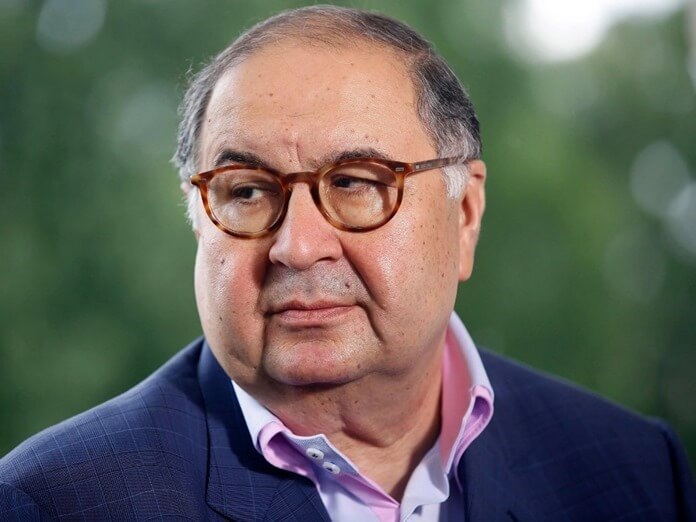 Condition: $ 12.6 billion
Condition: $ 12.6 billion
Usmanov's life and career was stormy. He started out as a typical representative of the Soviet nomenklatura elite.
It seemed that everything was turning out cloudlessly, when suddenly in the early eighties the Soviet Themis brought down her punishing sword on several representatives of the golden party youth, including Alisher. Usmanov was sentenced to 8 years for fraud. However, twenty years later, the verdict was declared fabricated.
Whatever it was, Usmanov was able to rise again only after 7 years, when he began to trade in plastic bags and tobacco. Then he ran a company that collected money from debtors for the gas consumed. And then he moved into the entertainment industry - he bought Muz-TV, shares of Megafon and Scartel (formerly Yota), and also became the sole owner of the Mail.Ru group.
The latter includes "Vkontakte" and "Odnoklassniki", and a whole bunch of online games that differ in a shareware distribution model and monetization.
8.Andrey Melnichenko
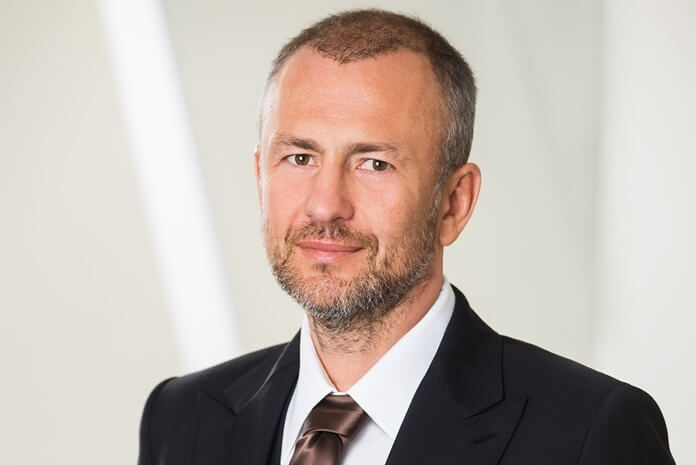 Condition: $ 13.8 billion
Condition: $ 13.8 billion
Melnichenko demonstrated his talent for making money in his youth. In the student dormitory, through his efforts, a currency exchange office was organized (remember how at the beginning of perestroika they were full of city streets?).
Over time, the foreign exchange business grew to MDM Bank. Then Andrey decided to move away from financial affairs and go to industrial affairs. Now he is the main shareholder of SUEK (coal) and Eurochem (fertilizers). Moreover, he is proud that he created both enterprises himself, from scratch, in contrast to those who managed to snatch pieces from the USSR, which was fading into oblivion in the early nineties.
One of the richest people in Russia, along with his wife and two children, leads a quiet, closed life in his giant yacht, designed according to a personal order.
7. Mikhail Fridman
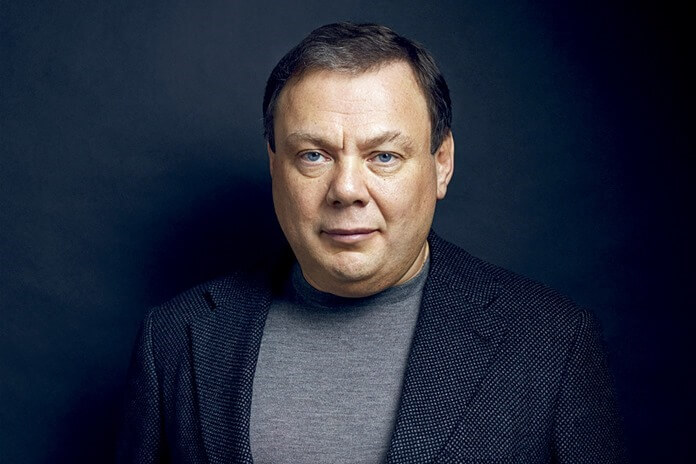 Condition: $ 15 billion
Condition: $ 15 billion
Mikhail Fridman is in seventh place in the list of the richest people in Russia. Like Abramovich, he was closely associated with Yeltsin and also supported the re-election of Boris Nikolayevich with a ruble.
And, unlike other financial tycoons, bankers, acting in a similar way, only Friedman managed to lead his brainchild through the turbulent waters of the nineties and financial crises of the two thousandth to our times. Moreover, keep it in working and even prosperous condition. We are talking about Alfa-Bank.
In 2013, Mikhail decided to cover Europe as well. According to the tradition already established among Russian billionaires, he trades in oil products in his company, laconically named "L1".
6. Vladimir Potanin
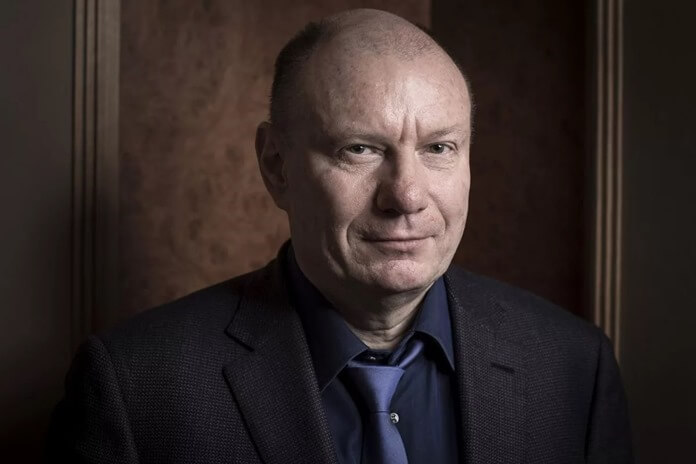 Condition: $ 18.1 billion
Condition: $ 18.1 billion
Another representative of the nomenklatura elite, who, at a turning point for the country, managed to hurry up and get valuable assets.
It was Potanin who came up with the idea of loans-for-shares auctions, thanks to which, during perestroika, large banks managed to become large shareholders of industrial and mining enterprises.
As a result of this financial maneuver, Vladimir became a shareholder of Norilsk Nickel, which continues to support him financially to this day.
5. Gennady Timchenko
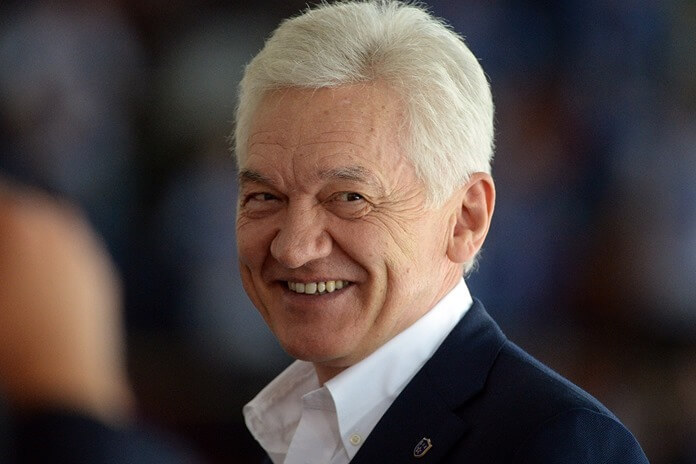 Condition: $ 20.1 billion
Condition: $ 20.1 billion
But Timchenko, unlike most billionaires from the top ten Forbes, is not a nestling of Yeltsin's nest, but of Putin's. Gennady is familiar with GDP almost from school, and this friendship may have influenced his career.
Timchenko was mainly involved in the sale of oil products abroad. And like many Russian billionaires, he was hit by Western sanctions.
True, just a day before their introduction, having shown amazing insight, Timchenko sold 44% of the oil trader to his Scandinavian partner. It was the billionaire's family that suffered from the shares, which now instead of Finland and Switzerland has to find themselves in Russia.
However, Gennady is not sad, continues to earn money and be friends with the head of state. He repeatedly assured that money is nothing, and at the first click of Vladimir Vladimirovich's fingers, he is ready to transfer capital to the state or to charity. “If only it was good,” adds the billionaire.
4. Alexey Mordashov
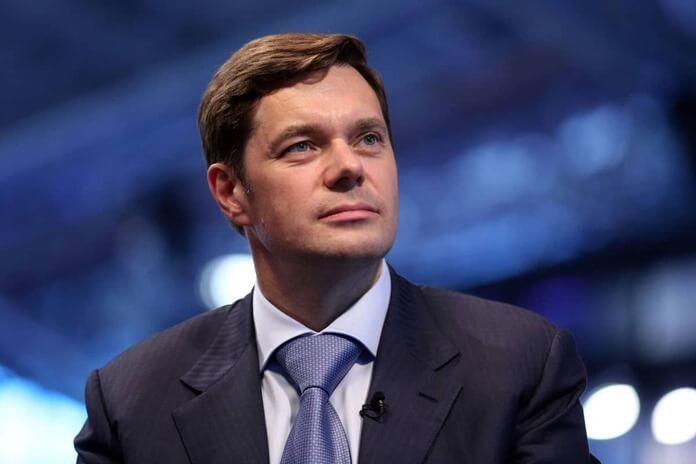 Condition: $ 20.5 billion
Condition: $ 20.5 billion
Forbes magazine has warm feelings for Mordashov, it was his photo that flaunted on the cover of the very first issue of this magazine. Say what you like, Mordashov's path embodies the quintessence of a typical Russian businessman.
The key to success is to have time to privatize an oil and gas or, as in this case, a metallurgical plant. Moreover, Mordashov acted promptly, practically taking the plant out from under the nose of his own boss, who instructed him to collect a package of documents for privatization.
This is how Alexey's monetary career began, which by 2019 brought him a couple of tens of billions of dollars. In addition to the factory, Mordashov is also a media mogul, who owns shares in Channel One, STS, and the very same channel about reptilian aliens, REN TV. He also owns half of Tele2's shares.
3. Vagit Alekperov
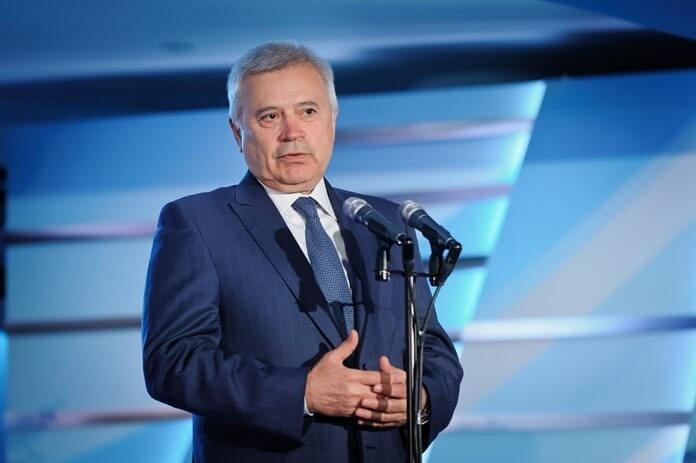 Condition: $ 20.7 billion
Condition: $ 20.7 billion
The three richest people in Russia in 2019 are opened by Vagit Alekperov, the permanent and largest shareholder of Lukoil. This oil company is second only to the main financial institution of the Russian Federation - Sberbank in terms of capital.
He started working in the oil industry back in Soviet times, at the beginning of perestroika, he served as the minister of the oil and gas industry, and after the collapse of the USSR he successfully privatized three rich fields. The abbreviation "Lukoil" was formed from the names of these fields.
And, free from recounting the money earned by Lukoil, Alekperov is engaged in counting real money. He collects antique coins.
2. Vladimir Lisin
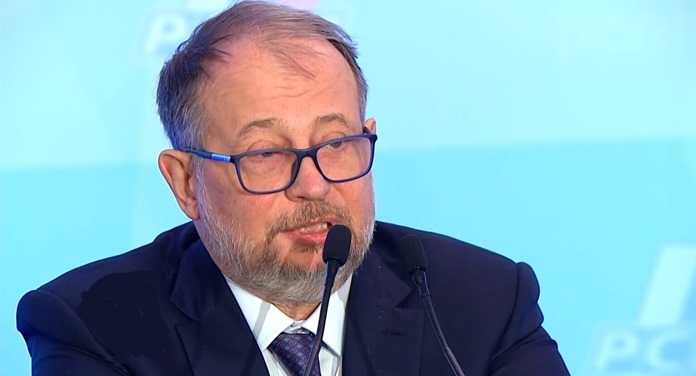 Condition: $ 21.3 billion
Condition: $ 21.3 billion
As Vladimir himself says, he buys up everything that can bring a “synergistic effect”. What this effect is, he modestly keeps silent. However, this strategy has earned him billions of dollars.
And even if Vladimir began as a simple electrical fitter, later he was lucky to work under the leadership of Oleg Soskovets, who maintained strong ties with the future first Russian president. These connections did not help Lisin when, in the mid-1990s, Yeltsin fired him from his cozy ferrous metallurgical chair; on the other hand, Vladimir was not taken aback and, on the sly, took over the Novolipetsk Metallurgical Plant, previously owned by the Soskovets group.
And ten years later he changed course and turned his attention to transportation, becoming one of the largest players in the rail transportation market. However, NMC is still his favorite and most cash cow.
1. Leonid Mikhelson
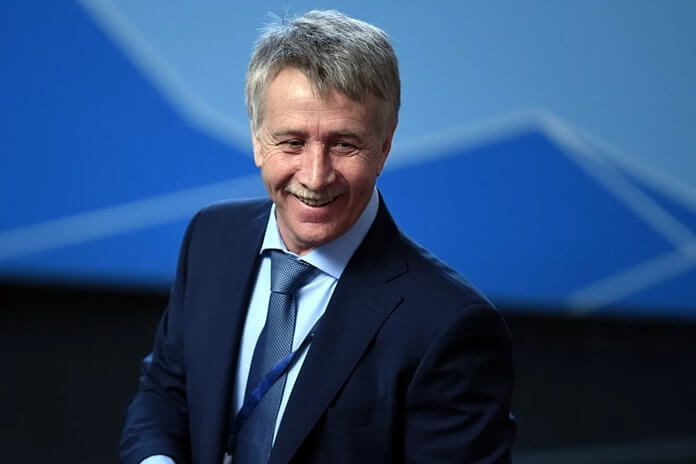 Condition: $ 24 billion
Condition: $ 24 billion
The list of the richest people in Russia is headed by Leonid Mikhelson. Against his background, even the state richest woman in Russia doesn't look that big.
At the same time, Mikhelson believes that money is not the main thing in life. The main thing is, no matter how pretentious, creation.
Apparently, the long-term experience of Leonid's work on construction sites under the leadership of the father-builder is reflected. He began his career with the construction of a Siberian oil pipeline, where a specific contingent - former convicts - worked.
Under the patronage of the pope, Leonid's career went up and up until perestroika broke out. Then a smooth rise gave way to a rapid take-off, especially when Mikhelson privatized Kuibyshevprovodstroy, which he headed in Soviet times.
And then began the standard for a successful entrepreneur activities for the extraction and processing of hydrocarbons, which Mikhelson is still doing.

